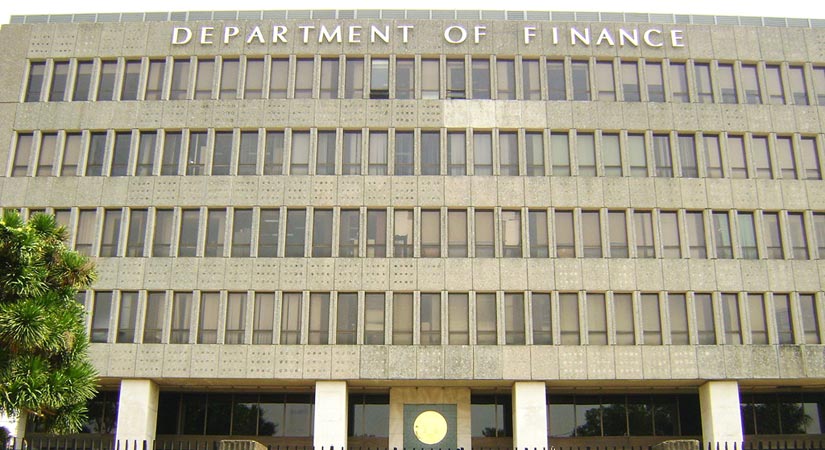
MAINTAINING “manageable” fiscal deficits and the balance of payments while keeping interest rates conducive to investment will help safeguard the economic recovery, the Department of Finance (DoF) said in an economic bulletin.
The DoF said the current account BoP (balance of payments), which swung to a P4.4-billion surplus in the first half, shows that the domestic economy “is back to net lender status” despite expanded government borrowing, which hit P2.5 trillion in August. It said a manageable BoP and budget deficit, which is expected to hit 9.6% of gross domestic product (GDP), will aid in the economy’s bounce back.
It said other factors that will also help fuel economic recovery are interest rates that support investment, inflation within the 2-4% target band and a competitive valuation for the peso.
The DoF’s official position doubles down on a broader strategy to conserve resources in the event of a long pandemic, which includes tapping the country’s strong credit rating while keeping stimulus spending much lower than Congress would wish. The approach has drawn negative comparison to the rest of the region, which is spending much more aggressively on post-pandemic stimulus.
“Maintaining good fundamentals by keeping both the budget deficit and balance of payments manageable, keeping interest rates at the level that sustains investments, keeping inflation at the lower end of the inflation target and allowing the exchange rate to maintain its competitive level will allow the country to recover promptly as the lockdowns set up to battle the pandemic are eased,” according to the bulletin.
Benchmark interest rates are at record lows after the central bank slashed rates by a total of 175 basis points (bps) this year. Inflation eased further to 2.4% in August, taking the year-to-date average to 2.5%.
The central bank projects the peso to range between P50-52 against the dollar this year. The peso closed at P48.46 on Friday.
Think tank Capital Economics warned Friday of a possible weak economic recovery for the Philippines if fiscal support remains “lackluster” at about 3% of GDP.
“Inadequate fiscal support is holding back growth in the Philippines and, unless this improves, the recovery will continue to underwhelm,” it said in a report, “Philippines: weak recovery, new currency forecasts.”
It said state spending rose 0.38% to P283 billion in August.
“Even if spending starts to pick up over the coming months, the government’s slow response has caused lasting damage to the economy in the form of higher unemployment and increased bankruptcies. Although we think that output bottomed out around April, we estimate that GDP in the Philippines is still around 10% below its pre-crisis level — one of the biggest gaps in the region,” it said.
Capital Economics said the “poor response” to the crisis has put more pressure on the central bank to stimulate the economy.
It expects the Monetary Board to again reduce the benchmark interest rates by 25 bps at its meeting Thursday, to be followed by another cut before the year ends to bring the key policy rate to 1.75%.
The economy is expected to contract by 4.5-6.6% in 2020. — Beatrice M. Laforga
